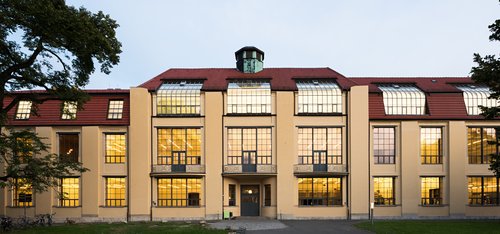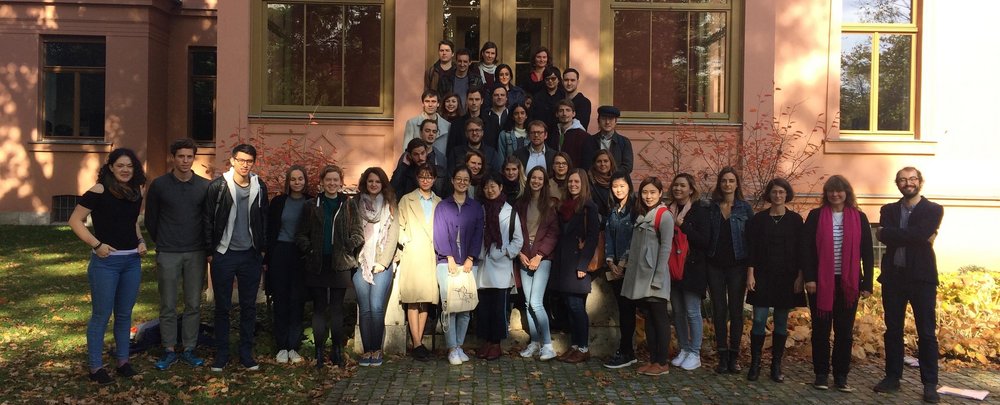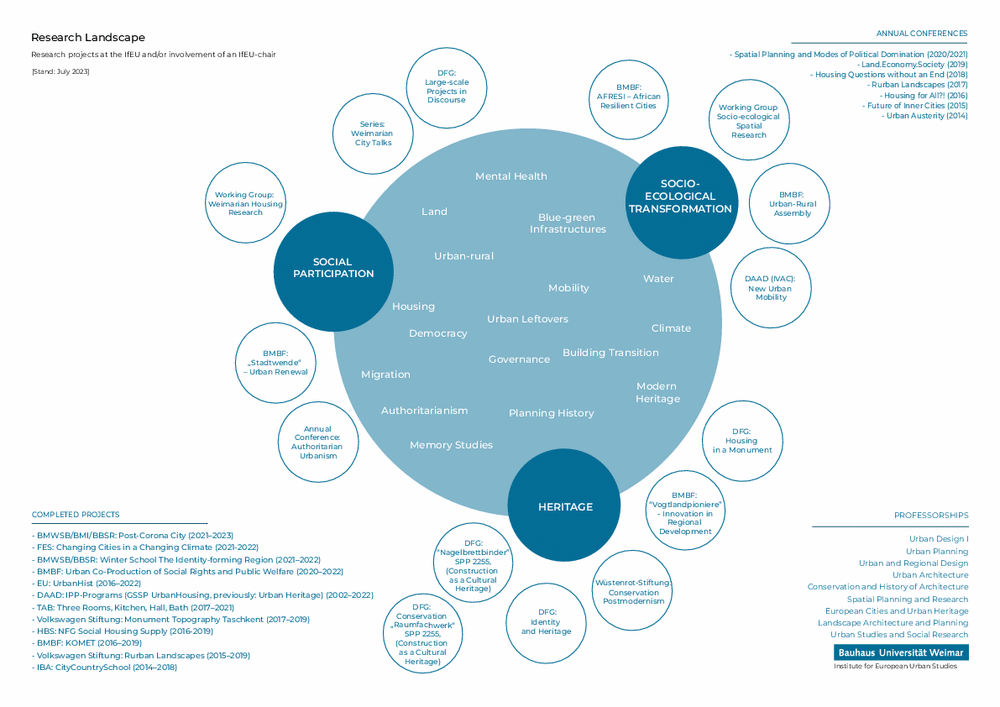
Conference "The Musical Fabric of Globalization." from 27 to 29 June 2019 at the Bauhaus University Weimar
The symposium "The Musical Fabric of Globalization. Hegemony, Creativity and Change in Transcultural Settings, 1880s to 1930s." The event brings together key aspects of musical globalization that are often associated with different research perspectives and academic disciplines. Renowned scholars from Great Britain, the USA, Cuba and Japan, among others, will approach the topic.
To investigate questions of symbolic domination, creative innovation, and cultural change simultaneously is to provide a way of understanding the global flows and intercultural encounters triggered by music in the age of empire. When it comes to gaining insights into such overarching historiographical topics as colonialism, cosmopolitanism, modernity, and migration, several transcultural contexts have become especially significant and will provide the analytic framework of our collaborative thinking.
The contributions at this conference aim at greater historical specificity in the study of globalization. Thus, by identifying areas in which major transformations in cultural expression took place between the 1880s and the 1930s, we will ask about how these developments may be attributed to transcultural interactions and under what conditions the politics of cultural globalization and localization played out in each case.
The history of music in a globalized world – which has recently attracted increasing attention – critically engages notions that originated in the paradigm of western music history such as the emergence of the high/low distinction and the transition from participatory to presentational and commodified forms of music. In line with the perspectives of a cultural study of music (which highlights the historical underpinnings and repercussions of musical life), the conference also inquires into the making and breaking of western art music’s cultural hegemony and explores the possibilities for creative appropriations across music cultures, whether such cultures be socially or ethnically defined.
Further information on the event can be found at:
www.hsozkult.de/event/id/termine-40077
Contact person:
If you have any questions, please contact Dr. Claudius Torp, University of Kassel, at claudius.torp@uni-kassel.de.













